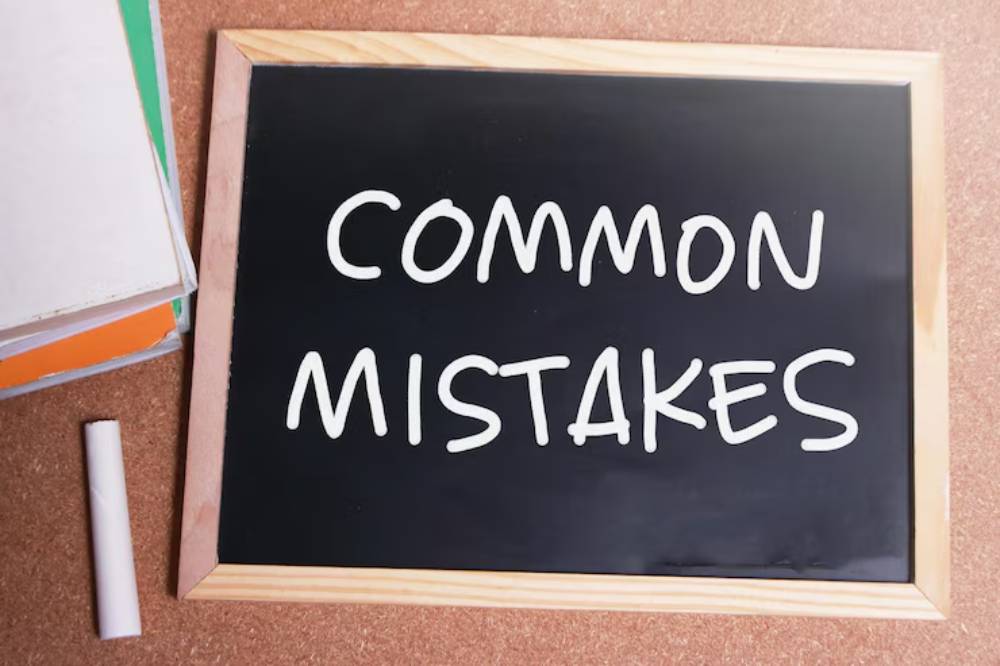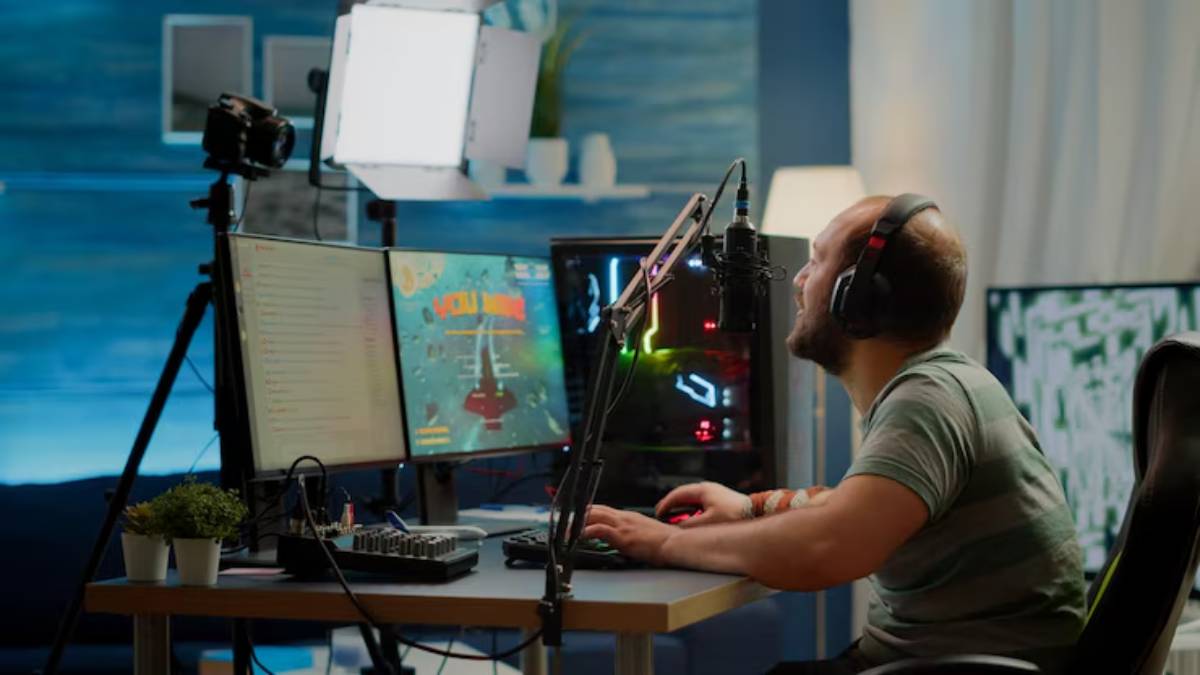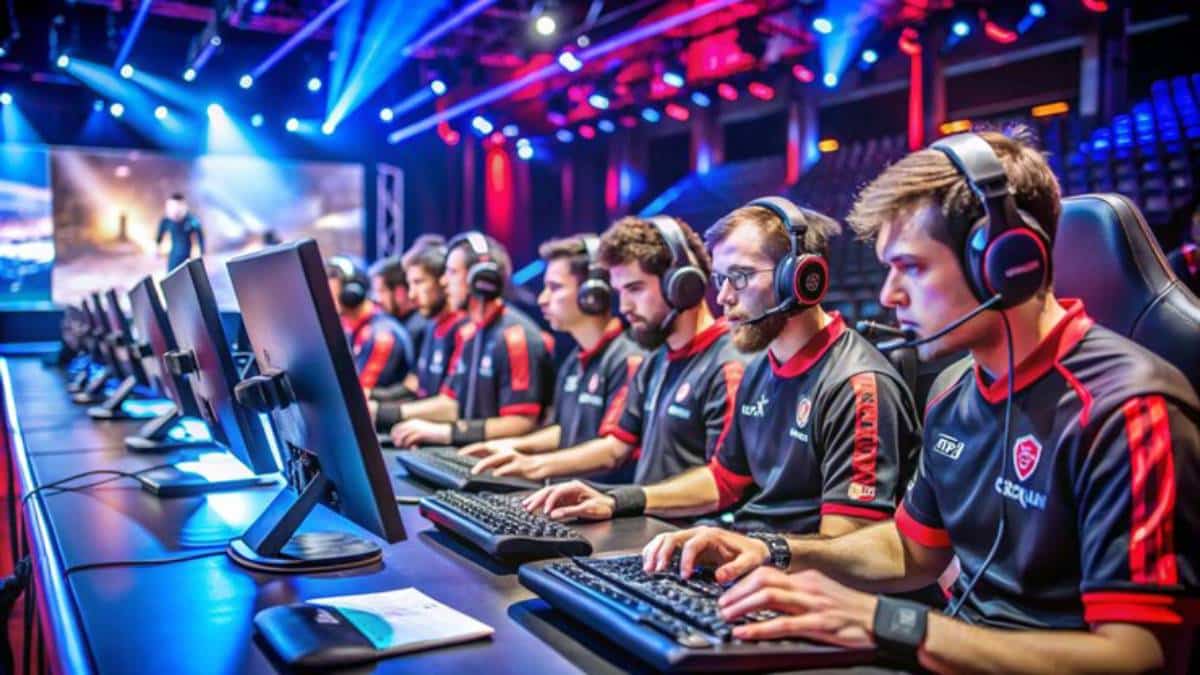
Intellectual Property Rights in the Gaming Industry: A Comprehensive Guide
The gaming industry has grown rapidly over the past few decades. It has shifted from simple pixelated games to lifelike experiences. This growth also leads to various legal issues, mainly related to intellectual property (IP) rights. As game developers innovate, understanding IP rights is essential. This blog explains how to protect game content. It also discusses legal challenges in game development. Plus, you’ll find tips for navigating this complex area.
Why Intellectual Property Rights Matter in Gaming
Protecting Game Content
Game content includes storylines, characters, music, and software code. It is the lifeblood of any game. Protecting these elements under IP law helps developers keep control over their creations. Without this protection, the risk of copying or unauthorised use rises. This can lead to financial losses and hinder creativity. By securing IP rights, developers can share their work confidently. They know their contributions are legally recognised and protected.
Legal Issues in Game Development
Game development faces many legal challenges, often due to IP issues. Developers need to understand many laws. This helps them avoid infringing on existing IP rights. This involves conducting thorough research and due diligence during the development process. Ignoring these legal issues can cause costly lawsuits. It can also damage a developer’s reputation. Understanding the legal landscape is, therefore, essential for anyone involved in game development.
Key Benefits of Understanding IP Rights in Gaming
Encouraging Innovation and Creativity
IP rights create an environment where creativity and innovation can flourish. When developers have legal protection, they are motivated to innovate in gaming. This creates unique and engaging content. It’s crucial for the industry’s growth and evolution. Without IP protection, developers may hesitate to invest in new projects.
Establishing Market Position
Strong IP rights can help developers establish and maintain a competitive market position. When developers protect their creations, they set their products apart from competitors. This helps build a loyal customer base and boosts brand recognition. This helps individual games succeed and boosts the developer’s market presence.
Avoiding Legal Disputes
Developers can stay out of expensive legal troubles by sticking to IP laws. Tackling potential legal issues early in development cuts the risk of litigation. This helps developers focus on what they do best: creating fun and new games. It also helps keep a good reputation in the competitive gaming industry.
Common Mistakes and Misconceptions in IP Rights

Overlooking the Importance of IP Protection
One of the most prevalent mistakes is underestimating the importance of IP protection. Some developers think their work won’t face infringement. They may also believe IP protection isn’t needed. However, this mindset can lead to significant legal and financial repercussions. Developers need to see the worth of their work. They should also take steps to protect their IP rights from the beginning.
Misunderstanding the Scope of IP Rights
Another common misconception is misinterpreting the scope of IP rights. Developers often think that getting a copyright or trademark protects every part of their game. In reality, different elements of a game may require different types of IP protection. For example, a game’s story can be protected by copyright law, but its logo needs trademark protection. Understanding these distinctions is crucial for comprehensive IP protection.
Failing to Conduct Due Diligence
Not doing due diligence during development is a big mistake. It can cause IP infringement. Developers should research current IP rights to avoid infringing on existing works. This involves conducting searches for similar content and seeking legal advice when necessary. By taking these precautions, developers can reduce the risk of legal disputes, which helps protect their creations effectively.
Advanced Insights and Recommendations

Collaborating with Legal Experts
One of the best ways to handle IP law is to work with legal experts. Developers can protect their work by consulting experts in gaming and IP law. These experts give advice on the best types of IP protection and help developers handle legal challenges.
Staying Informed of Industry Trends
The gaming industry keeps changing. Developers must stay updated on trends to protect their IP rights. Developers can expect challenges and adjust their strategies. They should stay updated on legal changes and new technologies. This proactive approach keeps developers leading the industry. They can keep innovating with confidence.
Leveraging Technology for IP Protection
Technology can play a crucial role in protecting IP rights in gaming. Developers can enhance security and prevent unauthorized use with tools like digital rights management (DRM) and blockchain technology. These technologies add protection. They help developers keep control of their content and protect their IP rights.
Conclusion: Navigating the Complex World of IP Rights in Gaming
Intellectual property rights are key to the gaming industry. They protect and encourage innovation by offering a legal framework. Developers can protect their creations by understanding IP rights. This helps them navigate the legal landscape. Doing so also supports the growth and evolution of the industry. The gaming industry is constantly changing. Developers need to stay informed and protect their IP rights. This is key to thriving in a competitive field.
For developers and industry stakeholders, navigating IP rights in gaming is ongoing. Developers can protect their creations by being proactive and informed. This helps them foster innovation and contribute to the lively world of gaming. What are your thoughts on the future of IP rights in gaming? Share your insights and join the conversation.


